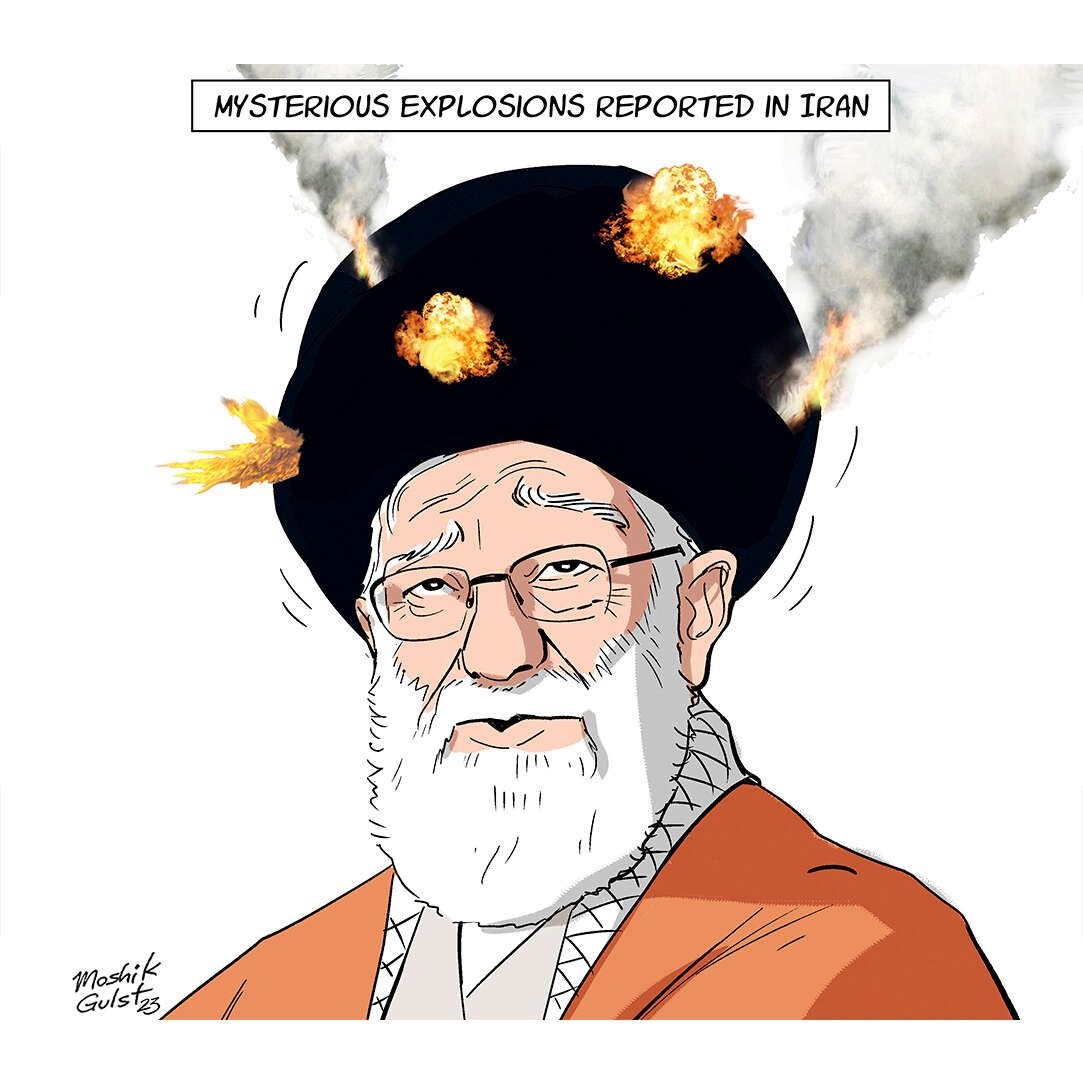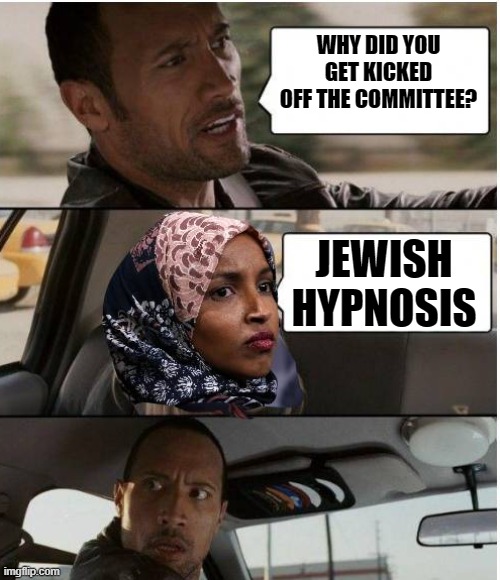Netanyahu looks to cover West Bank with highway tunnels, in vision laid out by Musk
Prime Minister Benjamin Netanyahu has proposed building underground highway systems across the West Bank to connect both Israeli settlements and Palestinian towns in order to maintain territorial continuity, The Times of Israel’s sister site, Zman Yisrael, reported Saturday.University of Michigan dismisses calls to condemn intifada-themed rally
Netanyahu is aiming for high-speed tunnels designed ostensibly to address the problems of traffic jams and congestion, per the vision of the billionaire Elon Musk, and his engineering firm Boring Company.
Netanyahu presented his plans during a conversation Friday with French investors in Paris at the hotel where he spent the weekend.
According to Netanyahu, the tunnels could refute Palestinian claims that they have no territorial continuity in the West Bank, as their communities would be linked underground.
He also said they would make it possible to travel between settlements in a matter of a few minutes, which would solve the settlement issue as in practice they would be annexed to Israel through a system of tunnels and highways. Additionally, the tunnels would provide Israeli motorists in the area with safety from Palestinian attacks.
During the conversation with the French investors, whose total wealth was estimated by the prime minister at $150 billion, he asked who would be willing to invest in such a project. Several of them raised their hands with joy, according to Netanyahu.
One of the investors told Netanyahu that he invests in Israel but has endless bureaucratic problems, mainly with the Israel Land Authority.
In 2021, a University of Michigan music professor showed a 1965 film adaptation of Shakespeare’s “Othello,” which featured a white actor in blackface, in class. The professor apologized and stepped down, yet a dean at the university stated that the experience “was hurtful and upsetting to the students in the class,” and the professor’s actions “do not align with our school’s commitment to anti-racist action, diversity, equity and inclusion.”Seth Frantzman: Has Iran accepted growth of Israel-Saudi ties under Netanyahu?
When someone distributed racist fliers on the school’s Ann Arbor campus five years prior, the university’s president at the time, Mark Schlissel, stated, “While we continue to defend any individual’s right to free speech on our campus, these types of attacks directed toward any individual or group, based on a belief or characteristic, are inconsistent with the university’s values of respect, civility and equality.” The university has “a responsibility to create a learning environment that is free of harassment. These are core values and guiding principles that will help us as we strive to live up to our highest ideals,” he added.
When students chanted violent slogans threatening Jewish and Israeli students on campus during Vice President Kamala Harris’ visit to campus three weeks ago, the university adopted a different approach. At first, it couldn’t muster a response, and then when it did respond to a letter of complaint from the Israel-based International Legal Forum, the response was “woefully inadequate, and quite frankly offensive,” Arsen Ostrovsky, the forum’s CEO, told JNS.
“It is unfathomable that the university, which purports to promote inclusion and a commitment to combating antisemitism and hate speech, refuses to even merely condemn a rally held on its grounds, calling for violence, with the most obscene antisemitic hate rhetoric,” he said.
Students chanted “there is only one solution: intifada revolution” and “from the river to the sea, Palestine will be free,” among other hateful slogans, which call for the violent destruction of Israel, according to Ostrovsky.
Rather than responding that Jewish and Israeli students had a right to feel safe, and that such language constituted violence—as the university has plastered all over certain sections of its website—Rick Fitzgerald, associate vice president for public affairs, wrote to ILF that this was a matter of academic freedom.
“It is clear that many within and outside our university community heard certain chants as antisemitic,” Fitzgerald wrote. “We understand that perspective and thank you and others for sharing those views, especially during this time in our nation’s history when there has been a rise in antisemitic speech and violence.”
It is clear from the report how much Iran relies on others for information, apparently due to fears of its media being seen as promoting Israel-Saudi ties; it even quotes a report from the Jewish Institute for National Security of America (JINSA).
The Iranian report says that Saudi officials have concerns about their position in the Islamic world, noting other hurdles about American commitments and Saudi Arabia’s desire for new defense contracts in the US and a “nuclear agreement” between Riyadh and Washington.
“If these 3 conditions are met, Saudi Arabia is ready to shake hands with Israel next month,” the report says.
The article next mentions a Brookings report from 2022: “According to Brookings, the secret cooperation between the Saudis and the Israelis dates back to the early 1960s, when both supported the Yemeni royalists against the Egyptian republican government.”
It further notes that Saudi Arabia has permitted direct flights from Israel to the Gulf over its territory. The survey of reports then goes on to look at how Iran’s threats brought Israel and Saudi Arabia closer and how economic negotiations are taking place.
Iran’s report concludes by saying Israel has spent 75 years of “crimes, killing, occupation and encroachment of the Zionists on Palestine and illegal presence in the country.” Therefore, the author wonders how normalization will occur, considering that Saudi Arabia has supported the two-state solution.
The conclusion, from the point of view of the Iranian regime, is that this is “a plan that England and America could not implement many years ago, and today the Saudis are looking for it.”
In essence, it accuses Riyadh of being the latest part of the historical support Israel has had from the UK and the US. The overall message of a report like this one is that Iran’s regime feels it has a number of ways to prevent normalization now.
It takes, at face value, the deluge of reports in Western and local media. It used to try to threaten the Gulf regarding normalization, but now it appears to think the train has left the station.
While the Iranian threats to the region, from drones to the use of proxies in Iraq, Syria, Yemen, Lebanon, Gaza and elsewhere won’t stop, it appears that Tehran views Israel’s continued diplomatic successes with a stubborn acceptance.






































.jpg)
.jpg)



